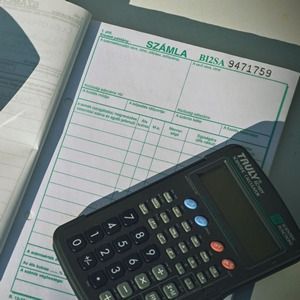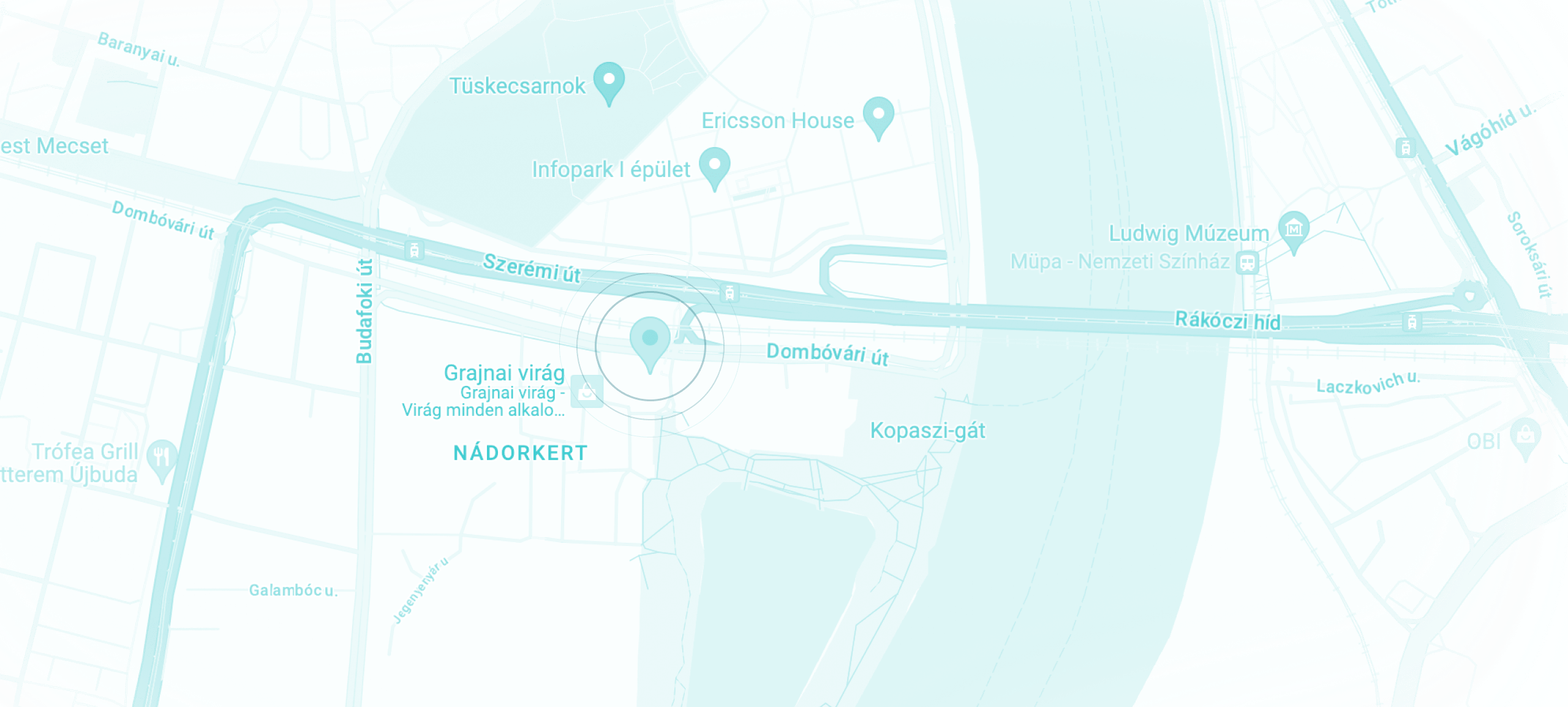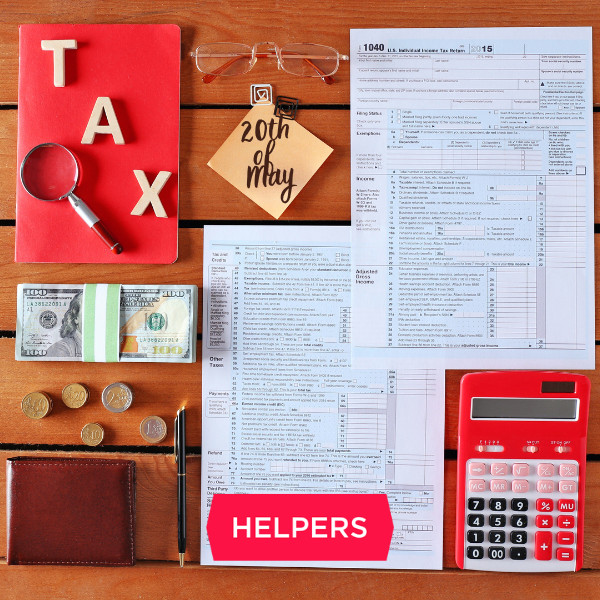
What to write on the invoice in Hungary? – Accountancy quick guide
If you operate a Hungarian company, whenever you sell something, you have to issue an invoice. But what kind of data should you include? Read on, and learn what to write on the invoice in Hungary!
If you operate a Hungarian company, whenever you sell something, you have to issue an invoice. But what kind of data should you include? Read on, and learn what to write on the invoice in Hungary!
Data of your company
You have to include the basic data of your company, so no one can have any doubt who the seller is. These include:
- Your company’s name.
- Your company’s seat address – meaning not the location of your office or shop, but the registered address indicated in the company registry.
- Your company’s Hungarian tax number – or, if your customer is from another EU country, your EU VAT number.
- Your company’s phone number or e-mail address – where it is easiest to contact you in case any issues rise concerning the invoice and your product (not obligatory, but quite useful).
Data of your customer
When you are issuing an invoice, you have to include the data of your customer too, regardless whether your customer is a natural person or a company. Please include:
- Your customer’s name – if it is a company, the full name of the company
- Your customer’s billing address – if it is a natural person, their registered address; if it is a company, their registered seat.
- Your customer’s tax number or EU VAT number – if it is a natural person, you can leave this out; if it is a Hungarian company, a Hungarian self-employed entrepreneur or a non-EU company, provide the Hungarian tax number; if it is an EU company, provide the EU VAT number.
Data of the products you sell
You are required to indicate what you are selling as follows:
- Product name: the description of what you are selling
E.g.: lollipop - Unit: in what kind of units you are selling your product. This can be by piece, by pallets, by the hour or by the day, mostly.
E.g.: item - Quantity (qty.): the number denoting how many units you are selling to your customer.
E.g. 3 (items of) lollipops - Unit price: the sum how much each individual unit costs
E.g. EUR 1.00 - VAT: the amount of VAT your products contain. It will be defined by what you are selling. In Hungary, VAT is generally 27%. However, for some products, the VAT is significantly less. See our summary here.
E.g. 27% - Net total: the net sum of your sale
E.g. EUR 3.00 - Gross total: the gross sum of your sale. If you are issuing a zero VAT invoice, these two will be the same.
E.g. EUR 3.81 if the VAT is 27% - VAT content: the amount of VAT the gross price contains. If you are issuing a zero VAT invoice, the VAT content will be 0.
E.g. EUR 0.81 for the 3 lollipops
You can list more than one sale on your invoice. (E.g. you can sell not only 3 lollipops but also 2 blue candy bars and 4 red candy bars.) After listing all the items you are selling, you have to include the total of the invoice.
- Invoice net total: the total of all the net sums above
- Invoice gross total: the total of all the gross sums above
- VAT total: the total VAT content of the invoice
Terms of payment
- Delivery date: the date when you are providing the service or selling your product.
E.g. when you are selling the 3 lollipops - Due date: the date when the customer is supposed to pay. If you are selling goods, the delivery date and the due date is often identical. If you are selling services, the due date is often after the delivery date.
- Currency: the currency in which you are issuing the invoice, and in which the customer should pay.
- Payment method: the way your customer plans to settle the invoice. It will probably be either cash or wire transfer.
- The name of the bank of your company: where you expect the transfer.
- The address of the bank of your company.
- The SWIFT code of the bank of your company.
- The IBAN number of the account you expect the transfer.
Other data
- Invoice date: the date when the invoice itself is issued. It can be after the delivery date, but it can never be after the due date.
- Invoice number: each invoice you issue should have an individual identification number, by which later you and your customer can refer to the invoice. This is not something you make up: it is already printed on each page of the invoice booklet, or automatically generated by the invoicing software you use.
Ugh, this is a lot of data to include!
You are right, this is a lot to keep in mind. On the other hand, this is not actually something you have to keep in mind – the invoice booklet or the invoicing software you use will have all the necessary fields you have to fill.
Moreover, this is how you, your customer, and your accountant can keep track of what is happening at your company, what you are selling, and how much money you expect. And once you get the hang of it, you might even find it relaxing! Until then, take care to fill all the fields you are supposed to…
Kapcsolat
Írjon nekünk!
Hétfő – Péntek
9:00 – 17:00
Helpers Hungary Kft.
Budapart Gate
Dombóvári út 27.
Budapest, 1117 Hungary
Irodánk a 2. emeleten található, és az „A” bejárat felől érhető el.






